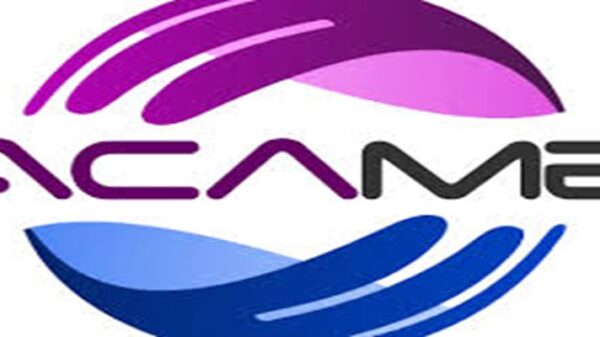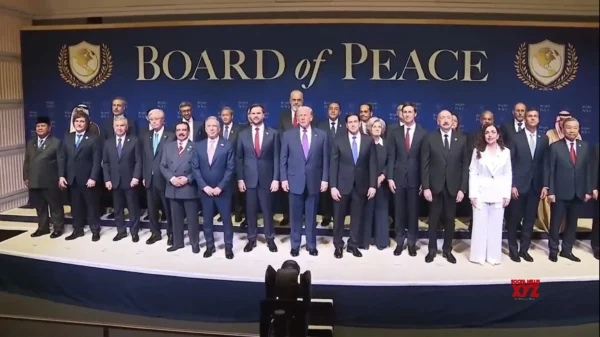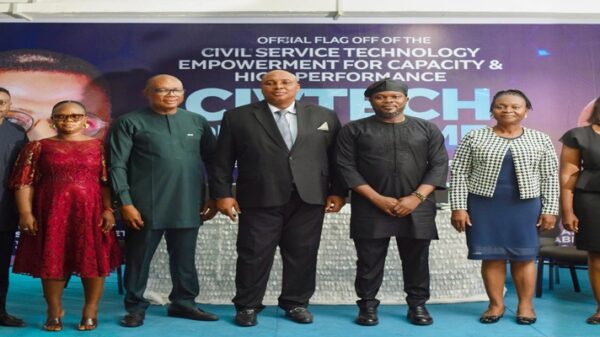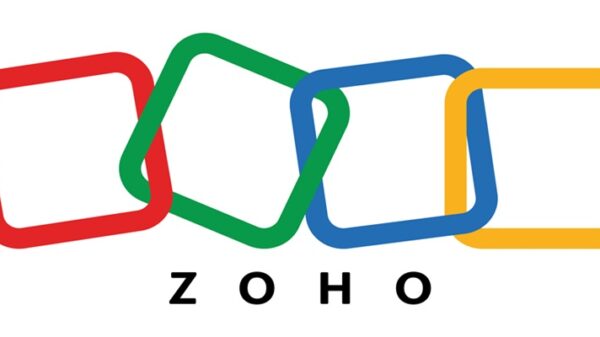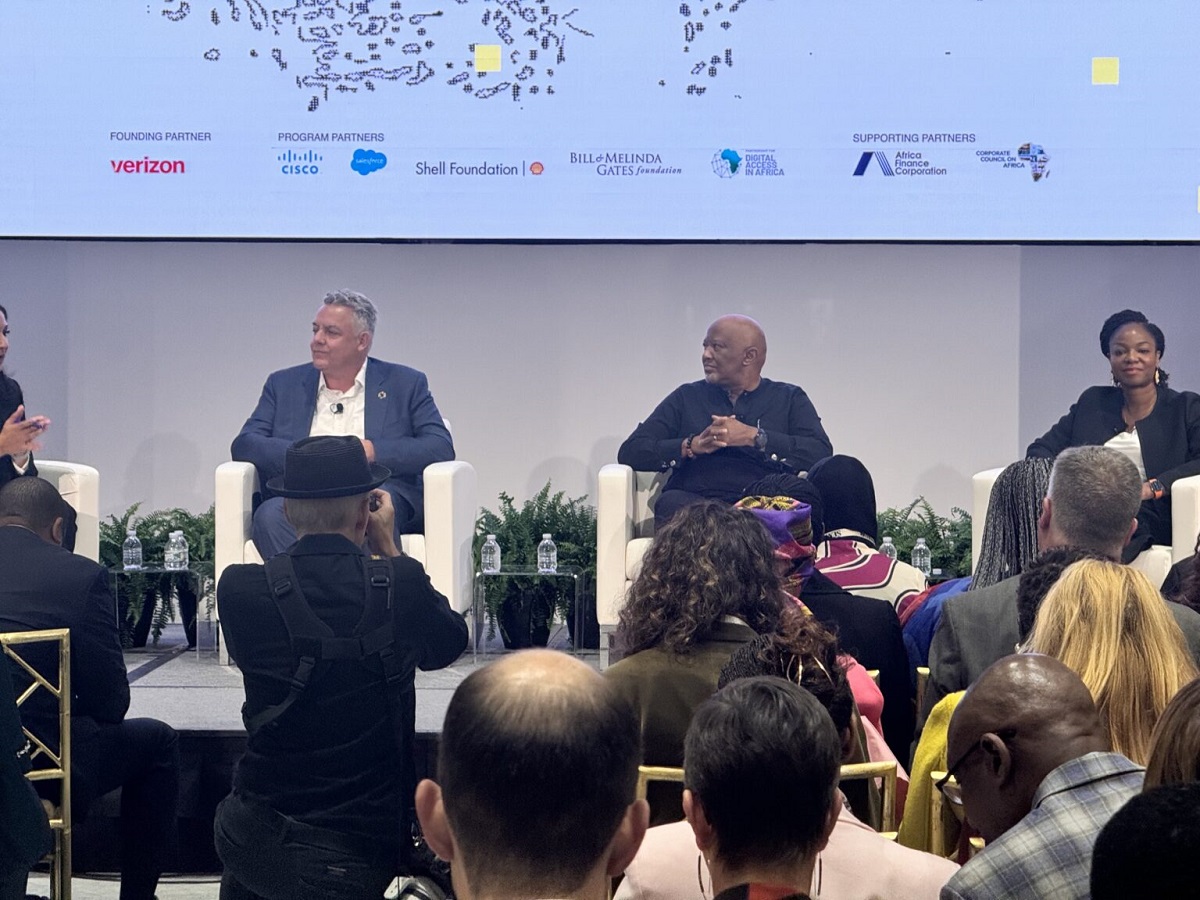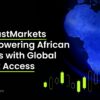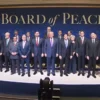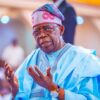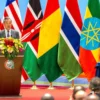At the 79th United Nations General Assembly (UNGA) in New York, key stakeholders gathered at Semafor’s “The Next 3 Billion” summit to address pressing digital access inequalities affecting millions globally.
MTN Group Chairman Mcebisi Jonas, Togolese Minister of Digital Economy and Transformation Cena Lawson, and GSMA Foundation President John Giusti participated in a panel discussion moderated by PBS NewsHour’s Amna Nawaz.
Jonas emphasised the gender gap in digital connectivity as a significant challenge, noting that while advancements have been made in areas like health and financial services, inconsistent policy frameworks across African nations hinder equitable access. “There is no one Africa,” he stated, highlighting the diverse challenges faced by different countries despite shared issues.
He also called for public-private partnerships to combat disparities in affordability and digital literacy; Proposing that collaboration among governments, private sector organisations, and international bodies is essential for addressing device affordability.
“Solving the issue of device affordability requires more than just telco efforts—it also depends on what governments contribute,” he asserted.
Giusti echoed these sentiments by identifying affordability and digital skills as the primary barriers to inclusion. He urged for innovative solutions to expand broadband access and enhance digital skills across Africa.
On her part, Minister Lawson highlighted Togo’s initiatives to improve connectivity through fixed broadband investments, emphasising the importance of international partnerships in making internet services more affordable.
The discussion underscored the urgency of addressing digital inequalities, with approximately 40% of the global population lacking mobile internet access, a staggering 58% of whom are in Africa.
The panellists agreed that closing this gap is vital for enhancing participation in economic and political processes, ultimately benefiting marginalised communities.
Semafor’s “The Next 3 Billion” summit also featured discussions with global leaders, including Nigeria’s Dr. Ngozi Okonjo-Iweala, Director-General of the World Trade Organization; Nigeria’s Akinwunmi Adesina, President of the African Development Bank Group; Olugbenga Agbo/ CEO of Flutterwave; Dr. Bosun Tijani, Nigeria’s Minister of Communications, Innovation, and Digital Economy; Sim Tshabalala, CEO of Standard Bank; Mark Suzman, CEO of Bill & Melinda Gates Foundation, and Brad Smith, President and Vice Chair of Microsoft.
![]()

